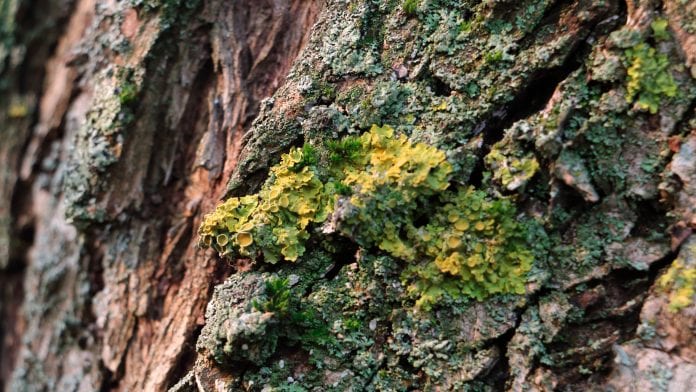
For the first time researchers have found that the substance found in the liverwort plant could have the medical benefits of cannabis, and perhaps be even more effective.
The psychoactive substance derived from the liverwort plant, is consumed as a ‘legal high’ across a few countries, and also releases analgesic and anti-inflammatory effects, which might be superior to that of THC. This new research suggests that the medical benefits of cannabis may have some competition.
What do you know about the liverwort plant?
As early as 1994, Yoshinori Asakawa, a Japanese phytochemist, had discovered a substance in the liverwort plant Radula perrottetii which had similar compounds to THC and had named this natural substance ‘perrottetinene’. Although the distinct atoms found in this substance are linked together in a manner similar to that of THC, they differ in their three-dimensional structure and further exhibit an additional benzyl group.
While similar to THC, the real question that is to be determined is: does the liverwort plant produce substances that have the same medical benefits of cannabis (THC) at a cellular and molecular level?
Could this be better than the medical benefits of cannabis?
Using animal models, researchers from the Institute of Biochemistry and Molecular Medicine at the University of Bern, Switzerland, demonstrated that perrottetinene reaches the brain with ease and that, once there, it specifically activates cannabinoid receptors.
This substance derived from the liverwort plant also has a stronger anti-inflammatory effect in the brain than THC, something which makes perrottetinene particularly interesting when you consider its potential medical application.
Jürg Gertsch from the institute explains: “It’s astonishing that only two species of plants, separated by 300 million years of evolution, produce psychoactive cannabinoids.”
Moreover, what’s interesting about this is that while the levels of perrottetinene found in the liverwort plant are too low to produce the typical ‘high’ effects produced by THC, it could explain why the substance from the plant might still have a medicinal effect similar to the effect produced by lower dose of medical cannabis.
Medical benefits of cannabis
It is a common fact that the cannabis plant produces compounds that react with the human body. That’s because we have our own system that makes similar compounds, cannabinoids, that have a wide range of actions from appetite control to immune function.
Cannabis contains a cannabinoid called THC that interacts with the brain, resulting in euphoria and relaxation, as well as increased hunger and anxiety. It was long thought that there was no other natural source of cannabinoids – and along with a long list of supposed medical uses the mythical power of cannabis, and the psychoactive properties of THC, has grown.
So, while the study regarding the liverwort plant is just the start in understanding the mechanisms and effects of perrottetinene on the brain, there’s much we still don’t know. However, what we do know now, however, is that the levels of this substance found in the natural liverwort plant is too low to produce the recognised effects of THC, so smoking it is unlikely to lead to a high.
























